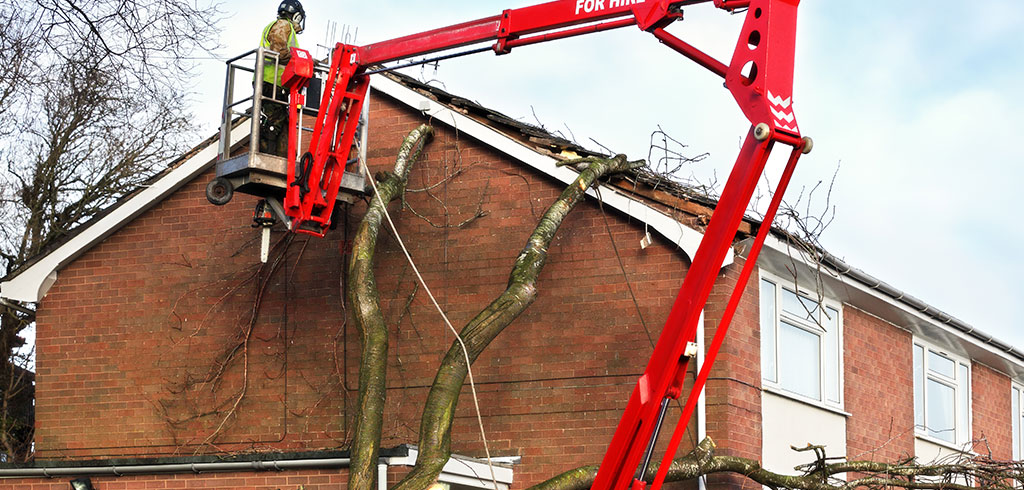What Happens If You’re Refusing To Pay A Special Assessment For The HOA?

Refusing to pay a special assessment by a homeowners’ association (HOA) can have serious consequences for homeowners, including legal action, financial penalties, and damage to community relations. While homeowners may have valid reasons for disputing or questioning the assessment, failing to fulfill financial obligations to the HOA can lead to repercussions.
Legal Obligations and HOA Authority Re
Homeowners’ associations have the legal authority to levy special assessments on members to cover unexpected expenses, fund reserves, or address maintenance and repair needs within the community. These assessments are usually outlined in the association’s governing documents, including the declaration of covenants, conditions, and restrictions (CC&R) and the association’s bylaws.
Homeowners are contractually obligated to comply with the provisions of these documents, including paying assessments and fees as required.
Impact on HOA Budget Management
Special assessments play a big part in HOA budget management, providing necessary funding for capital improvements, emergency repairs, and ongoing maintenance of common areas and facilities. When homeowners refuse to pay special assessments, it can disrupt the association’s financial planning and strain its resources.
Delinquent assessments can lead to budget shortfalls, deferred maintenance, and increased financial burdens on compliant homeowners.
Consequences of Nonpayment
Homeowners who refuse to pay special assessments may face consequences imposed by the HOA, including late fees, interest charges, and penalties. The association may also take legal action to enforce payment, like filing a lien against the homeowner’s property or pursuing a lawsuit for breach of contract.
In extreme cases, the association may pursue foreclosure on the homeowner’s property to satisfy unpaid assessments and fees.
Impact on Community Relations
Refusing to pay a special assessment can strain community relations and undermine trust and cooperation among homeowners. Nonpayment of assessments can create resentment and frustration among compliant homeowners who bear the financial burden of delinquent accounts.
Also, disputes over assessments can lead to division and conflict within the community, detracting from the quality of life and sense of community that homeowners value.
Dispute Resolution and Mediation
Homeowners who dispute a special assessment should follow the association’s established dispute resolution procedures, which may include mediation or arbitration. These processes provide an opportunity for homeowners to present their concerns and pursue resolution through constructive dialogue and negotiation.
Resolving disputes amicably can help avoid costly and contentious legal proceedings and preserve community harmony.
Legal Remedies and Enforcement
If efforts to resolve the dispute through mediation or arbitration are unsuccessful, the association may pursue legal remedies to get payment for the special assessment. This could involve filing a lawsuit against the homeowner for breach of contract or getting a judgment to procure the collection of the unpaid assessments and associated fees.
Homeowners who fail to comply with court orders or judgments may face additional legal consequences, including wage garnishment, bank account levies, or property foreclosure.
Managing Condo Special Assessments Efficiently
Special assessments can greatly impact condo owners, but with Stone Building Solutions, you’re in capable hands. We specialize in Reserve Studies and Insurance Recovery, ensuring a thorough evaluation and strategic approach to these financial demands.
Our team delivers clarity and solutions customized to your needs, meaning fewer headaches and more cost savings for you. For expert assistance with condo special assessments, call 407-663-5312 or email us at info@stonebldg.com today.
